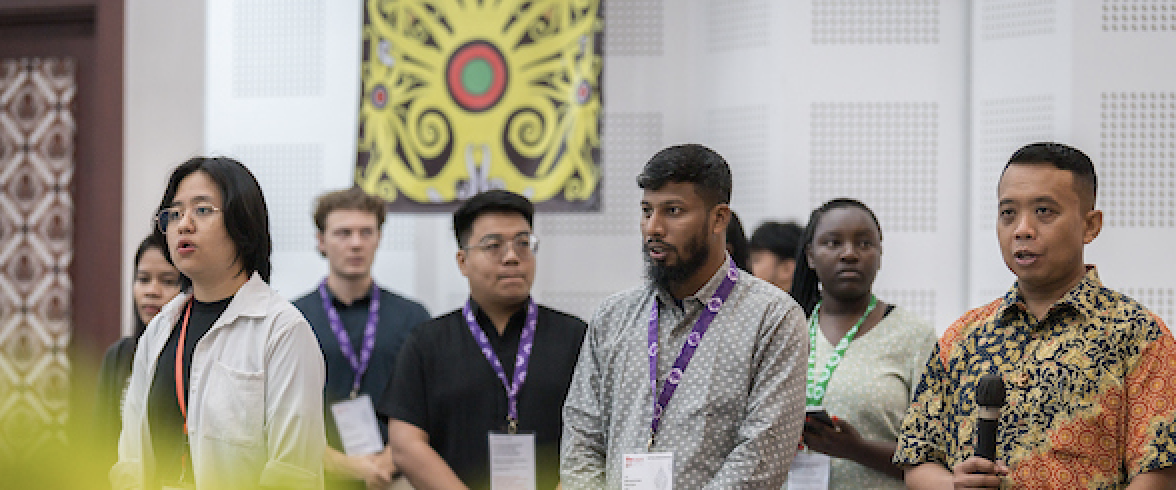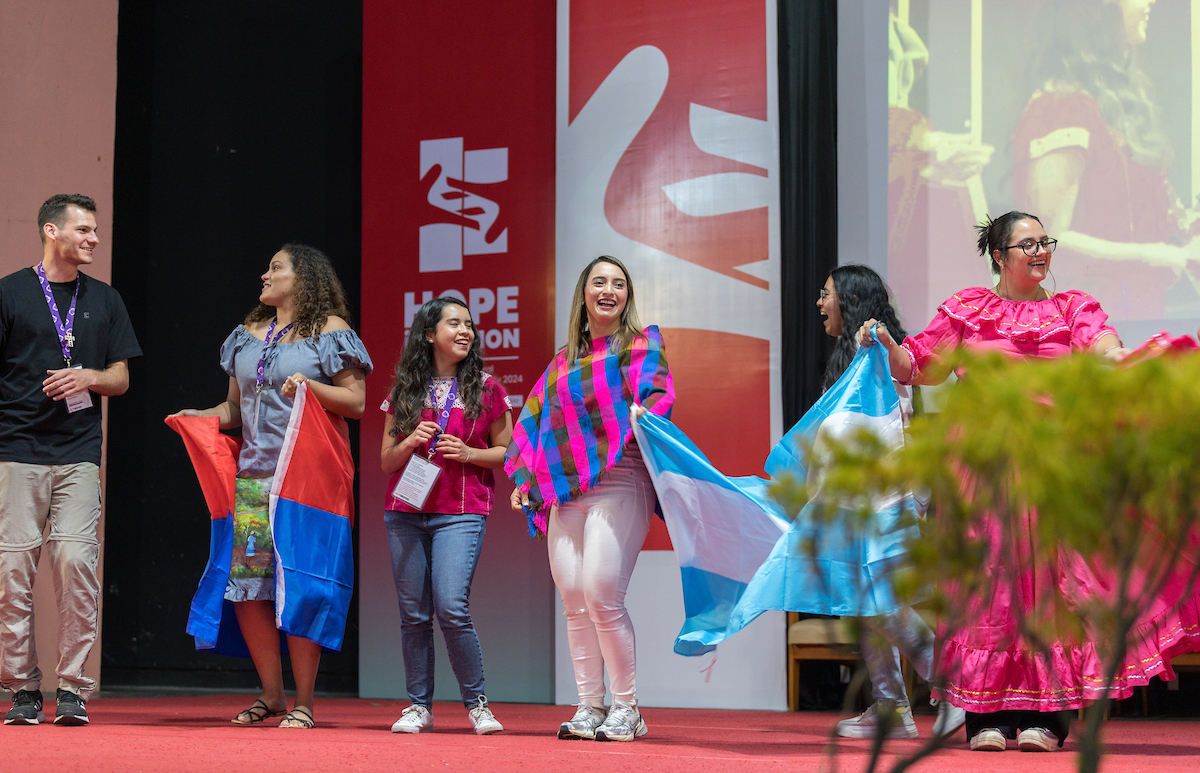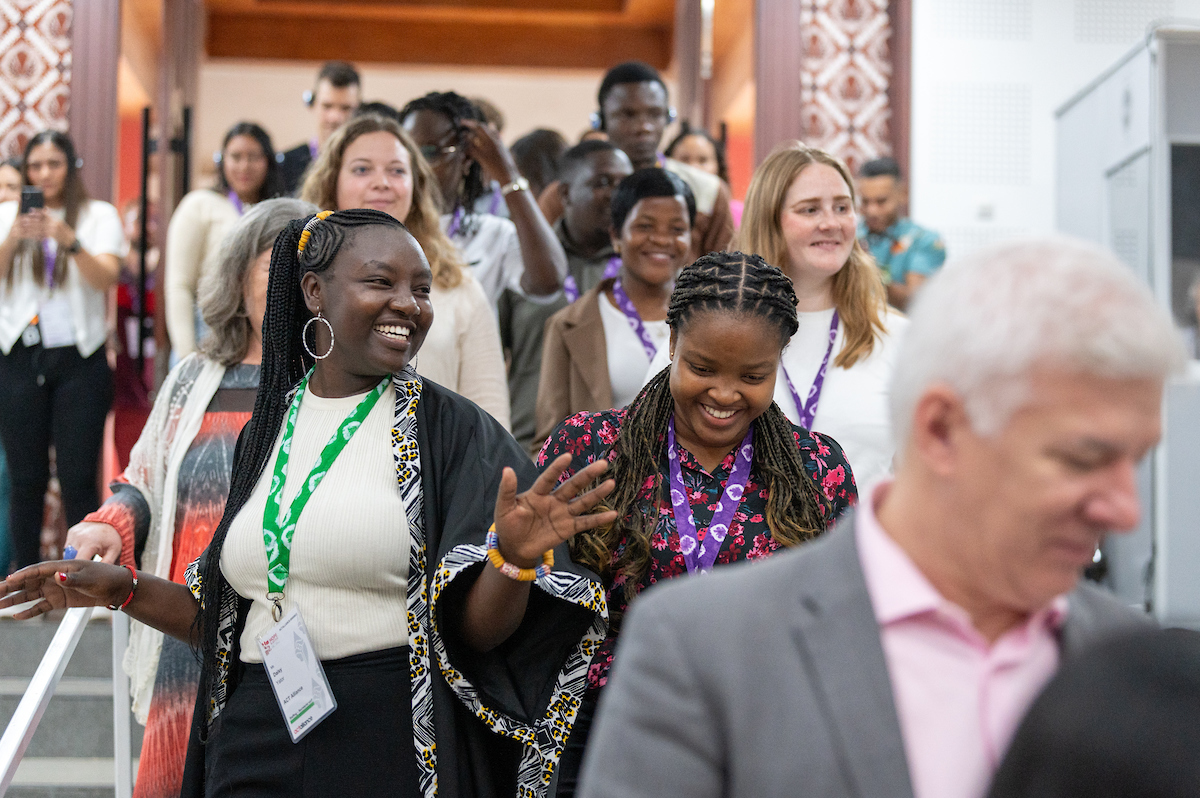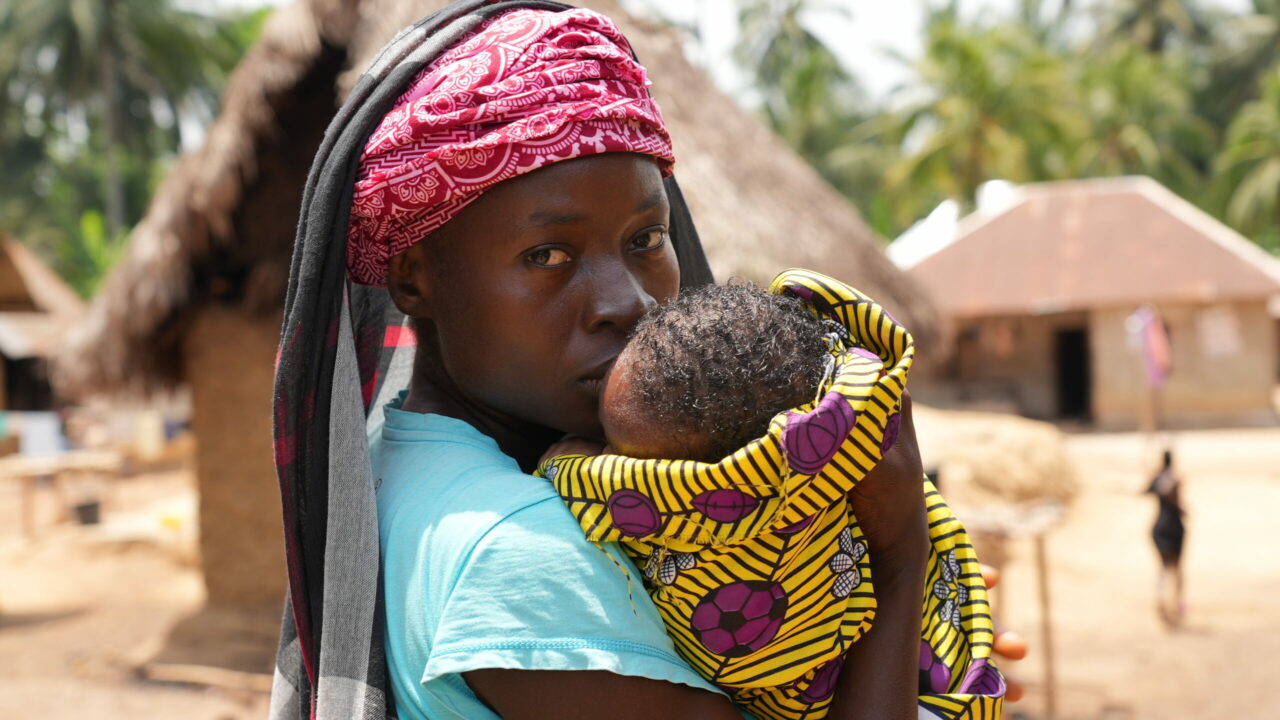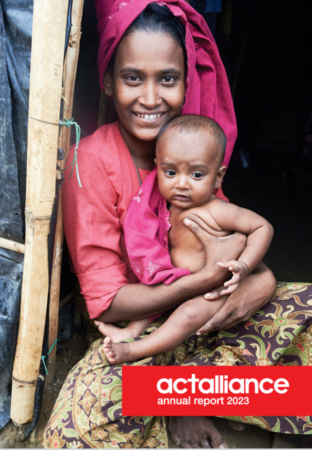Focus on West Africa
Fiona Connelly.
PHOTO: Christian Y. Bundu/Christian Aid
An innovative project led by the ACT Sierra Leone Forum has seen more than 200 men and boys become gender justice changemakers. Promoting Gender Transformative Approaches in Sierra Leone through Positive Masculinity addresses violence against women and girls and was developed with ACT’s Gender Justice programme.
Evidence shows that men and boys must be active allies in the struggle for gender equality, transforming harmful gender norms and promoting positive behaviours. The changemakers mentor and train other men and boys to advance gender equality in their communities and advocate for gender-balanced decision-making at local and national levels.
Using a faith-based, community-driven approach, the project promotes the positive aspects of masculinity and aims for long-term behavioural change. The changemakers’ training includes working with women and girls to develop and practice inclusive, equitable, and sustainable approaches to gender justice. These address the needs and rights of all individuals across the gender spectrum.
Gendered challenges
Gender-specific challenges Sierra Leone women face include:
- gender-based violence;
- limited access to higher education;
- restricted access to healthcare and related high maternal mortality rates;
- forced child marriages, including for girls as young as 12;
- limited access to employment, land ownership, and their own financial resources due to traditional gender roles; and,
- female genital mutilation, which has serious health risks and violates women’s and girls’ rights to bodily integrity and autonomy.
These issues are not limited to Sierra Leone and can be found in several African and other countries.
Transformations
The project has led to the following transformations:
- Members of Positive Masculinity Clubs meet regularly to discuss and promote gender equality practices.
- Men and boys now challenge harmful traditional practices. This contributes to a broader cultural shift towards gender equality and reduces gender-based violence.
- Spouses model respectful and equitable relationships with their partners and families. Boys do the same with their families and friends.
- Males can better identify their emotions and seek support as needed. Communication skills and emotional wellbeing have improved.
- Men and boys’ greater involvement in caregiving and parenting promotes gender equality in the household.
ACT Sierra Leone Forum accompaniment important
The ACT Sierra Leone Forum has accompanied the male changemakers throughout, providing evidence for communities that the project is having the desired effect. Gender transformative masculinity has been discussed in the media and in awareness raising programs, encouraging public discussion of policies to promote gender equality.
A collaborative programme
Developed with ACT’s Gender Justice programme, the project involved ACT member Christian Aid and the Christian Council of Sierra Leone, the Side-By-Side Movement for Gender Justice, the Ministry of Gender and the National Movement for Emancipation and Progress (NaMEP).
A path for the future
By addressing the root causes of gender inequality and engaging men as agents of change, this project will help create a more inclusive Sierra Leone.
By Fiona Connelly, from Daisy Yator’s interview with Ms.Keziah Kargo, Christian Council of Sierra Leone General Secretary. Thank you to ACT Alliance Gender Justice staff Rachel Tavernor for additional information. A shorter version of this article appeared in the ACT Alliance Annual Report 2023.
